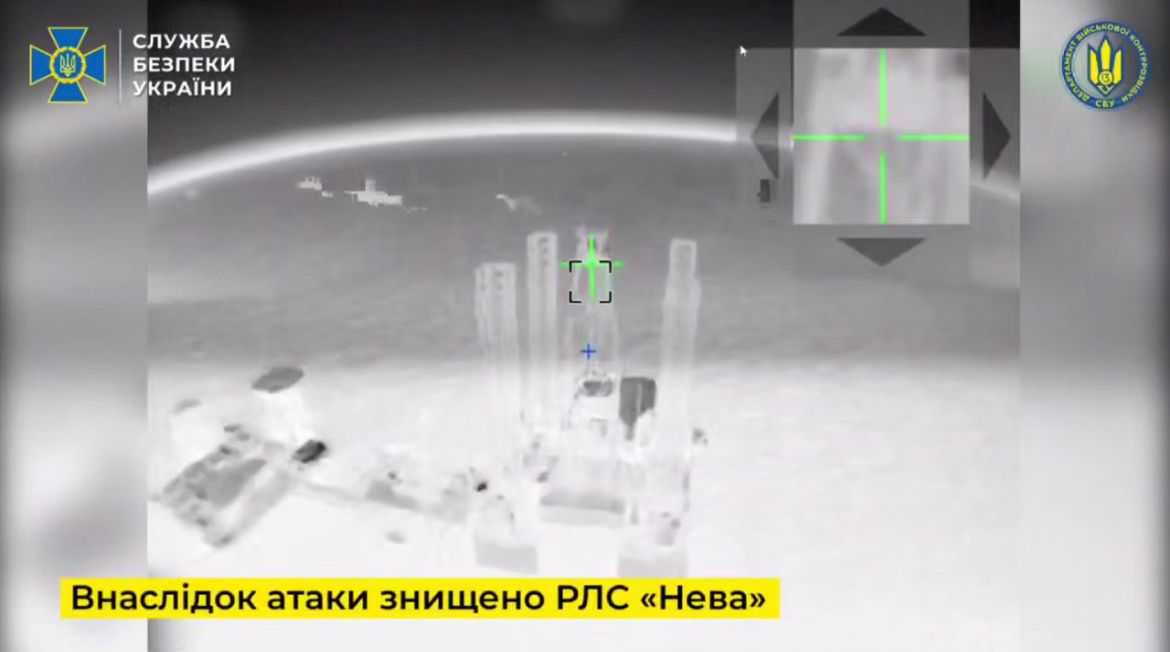EU announces new Black Sea security strategy to counter Russian threats, top diplomat says

The European Union unveiled a new security strategy for the Black Sea region on May 28, aiming to counter growing Russian threats, improve regional defense infrastructure, and deepen cooperation with key partners from Ukraine to Turkey, EU High Representative Kaja Kallas said.
Speaking at a press briefing in Brussels, Kallas outlined the bloc's "Strategic Approach to the Black Sea Region," calling it essential for European security, trade, and energy resilience.
"The Black Sea region is of great strategic importance to the European Union," Kallas said. "But the region's potential is marred by Russia's war. Reoccurring airspace violations, and attacks on ports and shipping lanes highlight this reality."
Kallas proposed creating a Black Sea Maritime Security Hub, envisioned as an early warning and monitoring system that would enhance situational awareness and protect key infrastructure such as offshore energy platforms and subsea cables.
Kallas said the hub could also support future peace monitoring efforts in the event of a ceasefire between Russia and Ukraine. While the EU has not disclosed where the hub would be located or which countries would take part, a document seen by Radio Free Europe/Radio Liberty describes its focus on real-time monitoring from space to seabed, mine clearance, and the protection of commercial sea routes.
The strategy also calls for major upgrades to regional transport networks, including ports, roads, railways, and airports, to allow faster movement of heavy military equipment.
"These updates will help to ensure troops can be where they are needed, when they are needed," Kallas said, adding that the changes will also reinforce NATO deterrence. The EU plans to tighten screening of foreign ownership in strategic facilities, particularly in the region's ports.
The third major priority of the plan targets hybrid threats, including cyberattacks and disinformation. "The Black Sea region is a prime target for hybrid actions," Kallas said. She announced that the EU would invest in artificial intelligence to counter disinformation, promote media literacy, and support fact-checking networks.
The strategy was presented amid growing concern over Russia's destabilizing activities in the Black Sea and a broader effort to strengthen EU partnerships with Armenia, Azerbaijan, Georgia, Moldova, Turkey, and Ukraine.
The plan notes that Turkey is a "vital partner and candidate country" and highlights its potential role in countering Russia's shadow fleet and ensuring maritime security.
According to RFE/RL sources, Turkey suggested it would assure safe passage in the Black Sea and potentially clear up mines in case of a ceasefire between Ukraine and Russia.
Turkey has emerged as a potential mediator in Russia's full-scale invasion of Ukraine, balancing relations with both sides through ongoing diplomatic and economic engagement. So far, Ankara has supported peace talks, helped enable grain shipments, and signaled readiness to assist in monitoring any future ceasefire.
The EU will reportedly convene a ministerial meeting with Black Sea partner countries to coordinate the next steps. The strategy does not include new funding commitments or legislative proposals.












